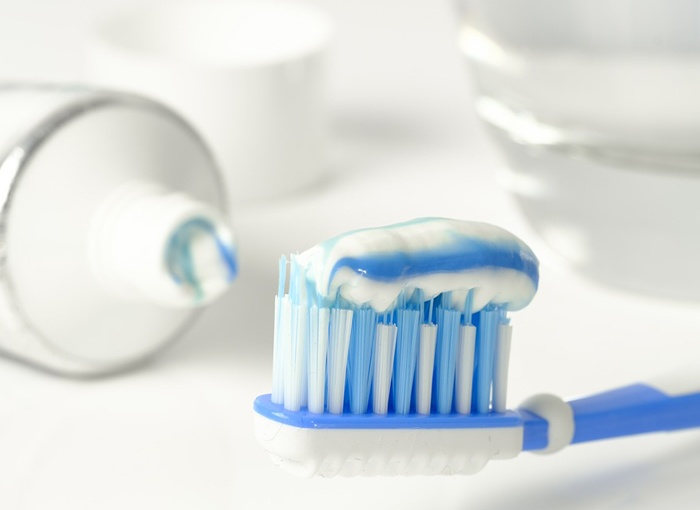Blog
Dental hygiene tips for healthy teeth & gums

What is Dental Fluoride
Have you ever wondered what element is differentiating your teeth from those of others, the brighter one, all following the same routine of brushing and flossing? Even after taking care of dental hygiene as much, your parents have taught you, what remains is the inclusion of Fluoride in your oral care.
Fluoride is a natural mineral that is found in the Earth’s crust in many forms like foods and water, varying in amount from area and area. As far as the relation of Fluoride with teeth is concerned, it is part of the remineralization process that means redepositing the minerals to the enamel layer through the foods and water intakes. Without this, the teeth get prone to tooth decay. The positive effects of Fluoridated water have been noted since the 1930s.
What are the benefits of Fluoride?
The basics of tooth decay lie in the formation of plaque and the accumulation of bacteria. These bacterias need to be restricted from the fundamental level, and the teeth have to be saved from any attack. This is where Fluoride comes into the picture. Once the Fluoride is in your mouth, it mixes with your saliva. Whenever your teeth are coated in that saliva, the teeth enamel absorbs the mineral. Then begins the real game, when this Fluoride bonds with the existing Calcium and phosphate and creates fluorapatite, which is a strong material known to combat the cavity-causing bacterias.
These are the ways Fluoride can be helpful:
- Fluoride makes the tooth withstand acid attacks.
- It opposes tooth decay at the early stages.
- Intake of Fluoride in children helps in the development of their permanent teeth.
- Taking Fluoride causes tooth sensitivity.
What Are the Sources of Fluoride?
Fluoride is safe and has shown the practical results, provided it is taken in the right amount. Like anything taken in an inappropriate amount is harmful, an excessive amount of Fluoride, especially in children, causes discoloration of teeth. The exact term for the results by overuse of Fluoride is dental fluorosis. Thus, you have to be careful about the amount of FluorideFluoride, your children receive.
Now, where can you get this Fluoride from? Apart from drinking water, Fluoride is found naturally in foods like tea, coffee, potato, shellfish, grapes, etc. you can also apply it directly to the teeth through fluoridated toothpaste and mouthwash. However, the intake of a higher amount needs a doctor’s prescription.
In some places, your water has a natural amount of Fluoride, while at other sites, the suppliers add Fluoride to it. In any case, you need to take care that your child receives a small amount of fluoride toothpaste until he or she turns 7.
So, Fluoride is as essential as brushing and flossing to the teeth. Thus, make sure you take enough of it in any form. You can also ask your dentist to apply the Fluoride in the form of a gel, foam, etc. With this, you ensure healthy teeth and a brighter smile.
Book Appointment to find out which treatment might be best for you.
